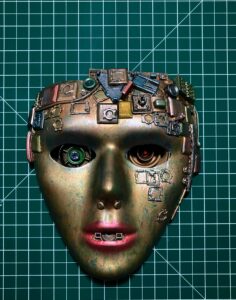As we navigate the ever-evolving landscape of technology and business, one development stands out as both intriguing and potentially game-changing: the rise of artificial intelligence (AI) in the realm of customer service. What was once the domain of human representatives now sees machines taking the wheel, with AI-powered chatbots delivering assistance with lightning speed and unwavering efficiency.
According to a recent study by Gartner, over 85% of customer interactions will be managed without a human by 2021, thanks to the increasing sophistication of AI algorithms. This shift has been met with a mix of excitement and skepticism from industry insiders, with some heralding the cost-saving potential and 24/7 availability of AI-driven customer service, while others worry about the depersonalization of the customer experience.
In a statement regarding their adoption of AI chatbots, a spokesperson for a leading e-commerce platform emphasized the importance of striking a balance between automation and human touch: “While AI can handle routine inquiries with speed and accuracy, human representatives are still crucial for complex problem-solving and empathetic communication.”
Beyond the bottom line, the integration of AI into customer service reflects larger trends in technology and society. As AI continues to infiltrate various facets of business operations, companies must grapple with the ethical implications of relinquishing control to machines. Only time will tell how this brave new world of customer service will ultimately impact the way we interact with businesses and each other.



